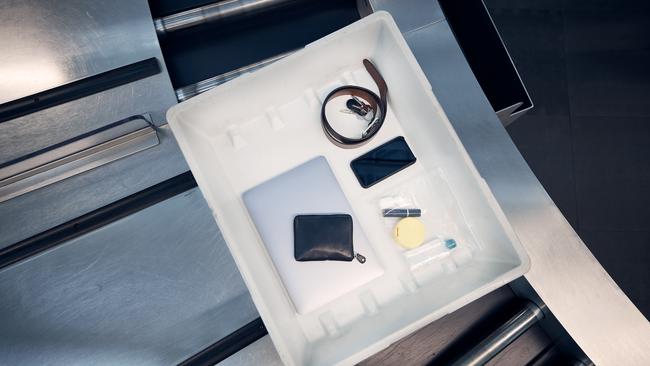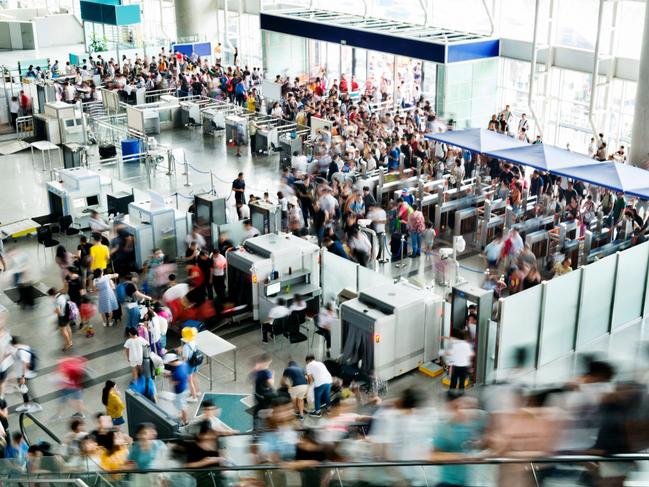Teesside International Airport scraps 100ml liquid limit
The new change is sweeping across UK airports. But what does it mean for international travel?

A UK airport has become the first to ditch the 100ml carry on liquid rule as part of a mandatory change set to sweep across all British air hubs before the start of 2024.
Teesside International Airport scrapped the checks due to the roll out of new CT X-Ray technology that will be able to scan liquids within hand luggage, removing the need for travellers to seal any liquids over 100ml in volume in a transparent zip lock bag.
Two new scanners have been installed providing airport security staff with 3D images of the luggage’s contents, where previously only 2D images were used. Now, passengers will be permitted to travel with up to two litres per person, including gels and liquids, and will be able to leave electronic devices, like laptops and chargers, inside of their bags while going through security checkpoints.

The liquid limit was first introduced in 2006 after British Police intercepted an Islamist terror plot to detonate explosives on transatlantic flights by smuggling liquid explosives disguised as soft drinks in their hand luggage. Had it been carried out the planned terror attack would have been the deadliest since 9/11.
John Strickland, aviation consultant and analyst, told The Telegraph that the rule change will be a “great reduction in stress for passengers” as it will reduce times for security checks.
“From the airport’s point of view, it will leave more opportunity to improve revenues in retail and food outlets if passengers have more time and are more relaxed,” he said.
By the end of 2023, new scanners will have been rolled out at London City, Luton and Liverpool airports allowing for the change to take full effect. Gatwick, Stansted and Heathrow have confirmed they are working to introduce the new technology by the 2024 deadline.

“This investment in next-generation security by the UK’s airport operators will provide a great step forward for UK air travel, matching the best in class around the world,” Christopher Snelling, policy director at The Airport Operators Association said.
“It will make the journey through the UK’s airports easier and air travel itself more pleasant.”
However, if travellers travel to an overseas airport that does not have the relevant technology, they will not be permitted to take liquids over the 100ml limit in their hand luggage on the return journey.
Despite security requirements undoing regular reviews in Australia, the Department of Home Affairs has said there are no changes to the restrictions placed on powders, liquids, aerosols and gels on flight taking off from Australian airports.
“Containers larger than 100 millilitres or 100 grams, even if only partially-filled and whether they are opened or unopened, containing liquids, aerosols or gels are not allowed through the international security screening point,” a spokesperson said.


To join the conversation, please log in. Don't have an account? Register
Join the conversation, you are commenting as Logout